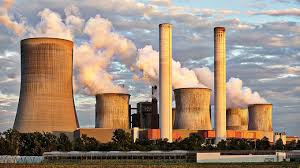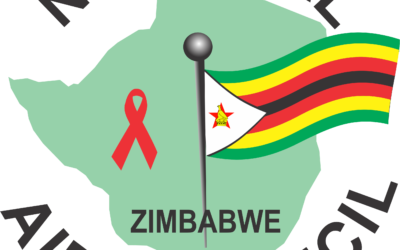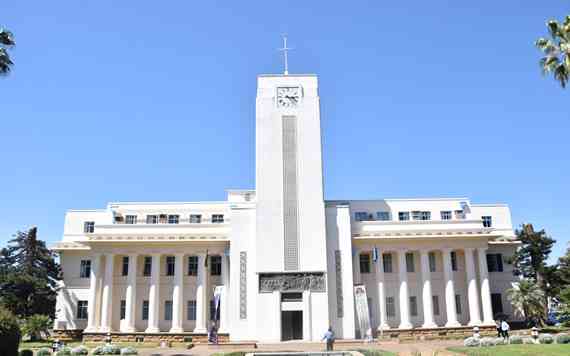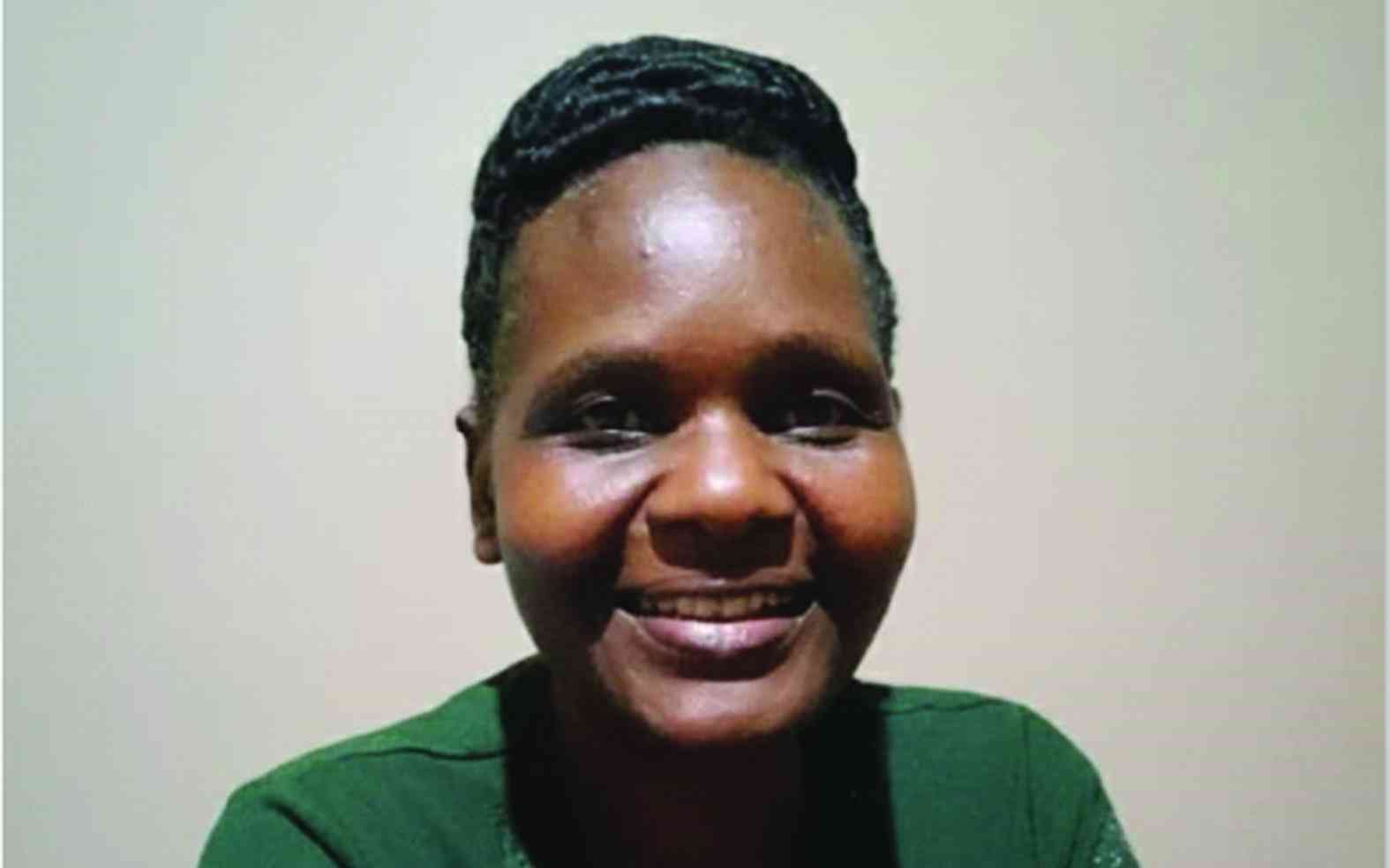
A PETITION by Hwange residents demanding action over noise and air pollution in the coal mining town has been referred to parliamentary portfolio committees for administration.
The Greater Whange Residents Trust (GWRT) filed the petition in December last year saying their health was at risk because of the pollution.
One of the areas worst affected by the pollution is Ingagula township, which is close to the thermal power station which recently had units 7 and 8 commissioned.
GWRT Coordinator Fidelis Chima told Southern Eye on Sunday that Parliament has acknowledged the petition.
“The Hon Speaker Jacob Mudenda announced that the petition from the GWRT that was submitted on 17 December 2024, was deemed as admissible," Chima said.
“It has now been referred to the relevant portfolio committee for further administration.”
Making an announcement on the petition last week, Mudenda said: “I have to inform the House that on December, 17, 2024, Parliament received a petition from Greater Hwange Residents Trust, beseeching Parliament to enquire into the threats of pollution for Hwange residents and review or amend the Pneumoconiosis Act, Chapter 15:08, to ensure the protection of nonemployees from the surrounding areas.”
Mudenda said the petition w has been referred to the portfolio committee on environment, climate and wildlife.
- Turkey denies human trafficking reports
- Mudenda rejects opposition legislators’ PVOs Bill plea
- Parly staff face grilling over laptop scam
- MPs kicked out of hotels over unpaid bills
Keep Reading
In their petition, Chima said the Pneumoconiosis Act (Chapter 15:08) guaranteed their right against air and noise pollution.
The residents said the Act was designed to respond to health issues affecting those employed in dusty occupations.
“Coal mining creates dust and dusty conditions that affect not just those employed by the coal mines,” the petition read.
“It affects communities that live on and around the mines.”
The residents, however, were not getting any protection from the Act as they were denied regular medical check-ups to determine the impact of coal dust on their health, particularly the heart and kidneys.
“Ordinary residents are not beneficiaries of such tests. The Act was not designed for their benefit. It was exclusionary from the start,” reads the petition.
“Residents that are not employees of coal mines are therefore susceptible to health risks associated with coal mining, without the protection of the law.”
The residents demanded a review of the Act to ensure protection for locals against any harmful mining practices.
“It may also be worthwhile for Parliament to consider how the Act could enjoin coal miners to contribute towards the reduction of coal dust, to enhance the health of residents.”
GWRT argued that section 73 of the constitution guarantees their right to an environment that is not harmful to their health or well-being, and to have their environment protected for the benefit of present and future generations.
“In this regard, the State must ensure the progressive realisation of this right by residents of Hwange,” reads the petition.









